Recent studies show many Coloradans believe driving under the influence of cannabis is safe even though official transportation numbers show otherwise.
In a recent survey conducted by the Colorado Department of Transportation from 2017-2019, consisting of surveys and studies of 18,000 people, top-level findings were as follows:
1. People who consume cannabis more often consider driving under the influence of marijuana to be less dangerous. 2. Many cannabis users are highly skeptical of the laws, policies and enforcement regarding driving under the influence of cannabis — and want credible, nuanced information. 3. The key to reaching some skeptics is to lead with feelings and follow with facts.
Colorado Department of Transportation
According to the Denver Post, 13.5% of people in fatal crashes in 2018 had cannabis in their systems.
While the survey didn’t include any quantitative data, it showcased a breadth of opinions from Coloradans of different ages, races and cannabis consumption levels.
From the study:
I liked that they didn’t use the stereotypical movie ‘stoner guy’ [in the survey] as that would’ve ruined the whole campaign. Having people of all ages also shows the broad spectrum of people who use cannabis so will reach a wider audience.”
Participant, The Cannabis Conversation
I don’t understand how you can make something legal and then try to restrict it on the driving side when they have absolutely no scientific evidence that it is actually impairing your driving ability.
Participant, The Cannabis Conversation
I would not say that I’m high, I’d rather use the term properly medicated. But I can still focus, use my head, and have no problems understanding most situations.
Participant, The Cannabis Conversation
Research, data, and information are always welcomed. Negative or positive, I think that easily accessible, correct data is important for the citizens of Colorado to know.
Participant, The Cannabis Conversation
Read more on the Denver Post here.
Click here for the fully study.
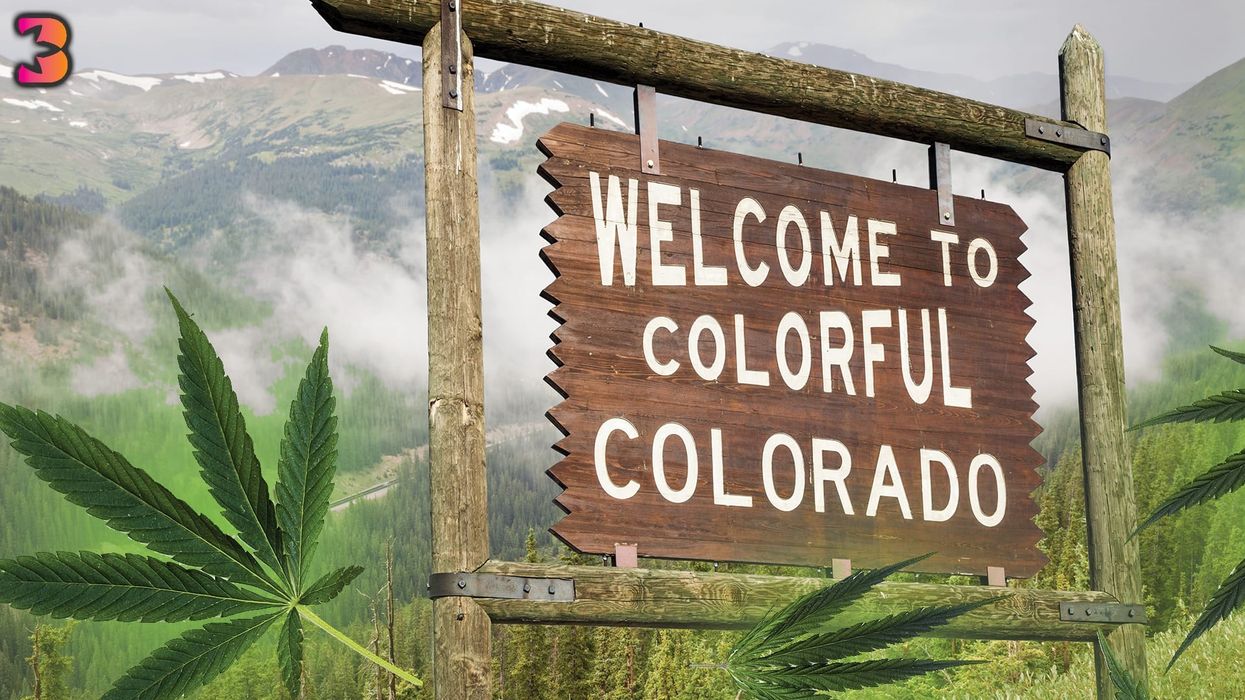






 11 Signs You've Greened Out and How to Handle It - The Bluntness
Photo by
11 Signs You've Greened Out and How to Handle It - The Bluntness
Photo by  11 Signs You've Greened Out and How to Handle It - The Bluntness
Photo by
11 Signs You've Greened Out and How to Handle It - The Bluntness
Photo by 






 The Truth About THC Candle: Cannabis Candles & How to Make Your Own - The Bluntness
Photo by
The Truth About THC Candle: Cannabis Candles & How to Make Your Own - The Bluntness
Photo by 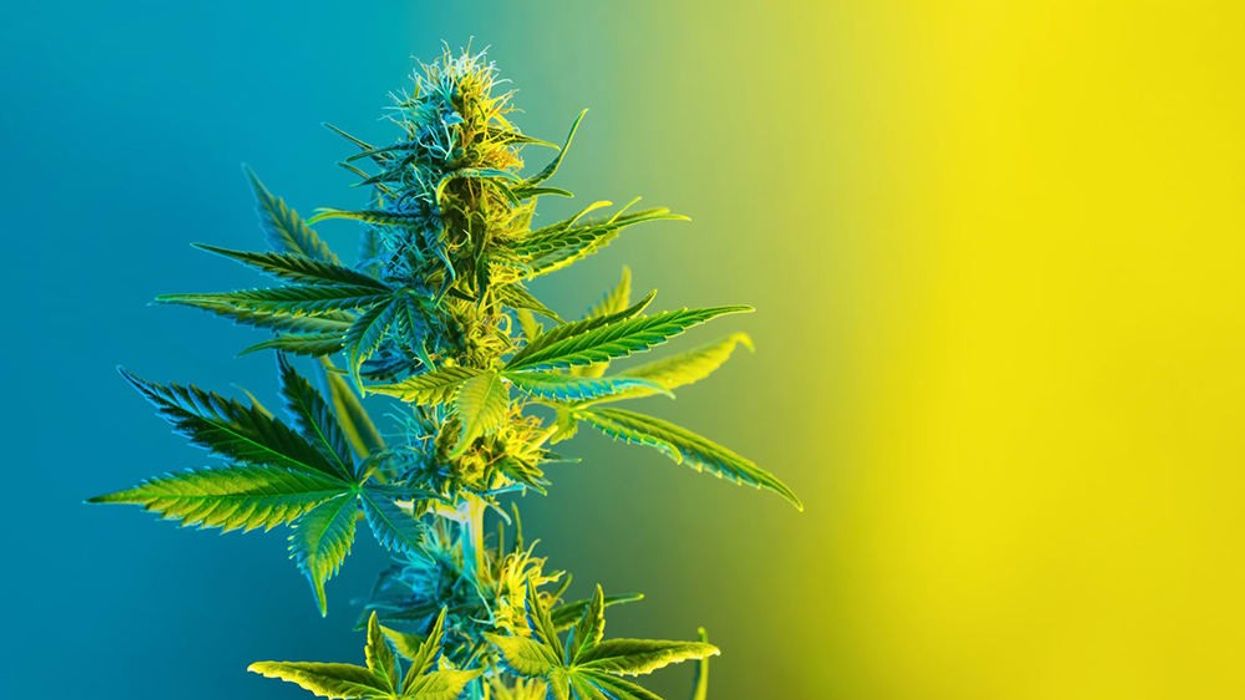
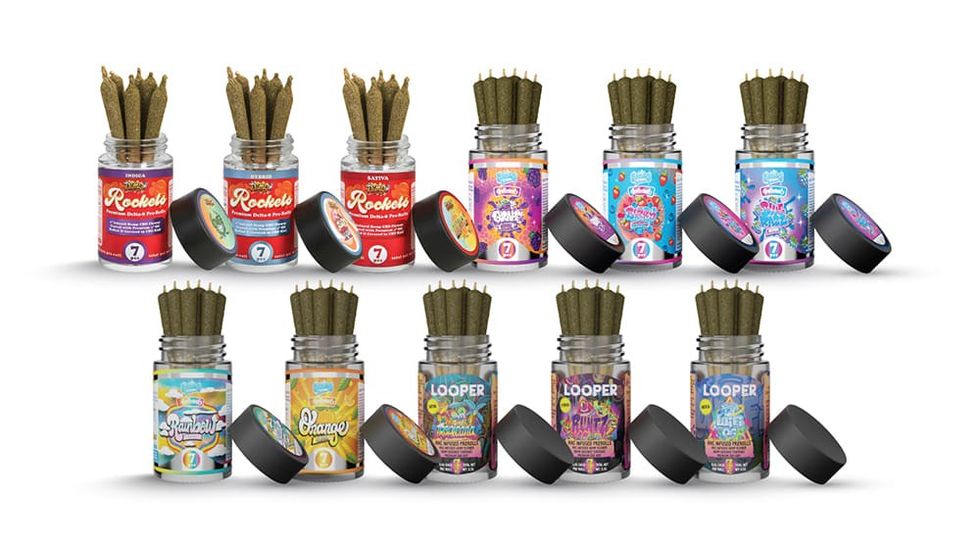
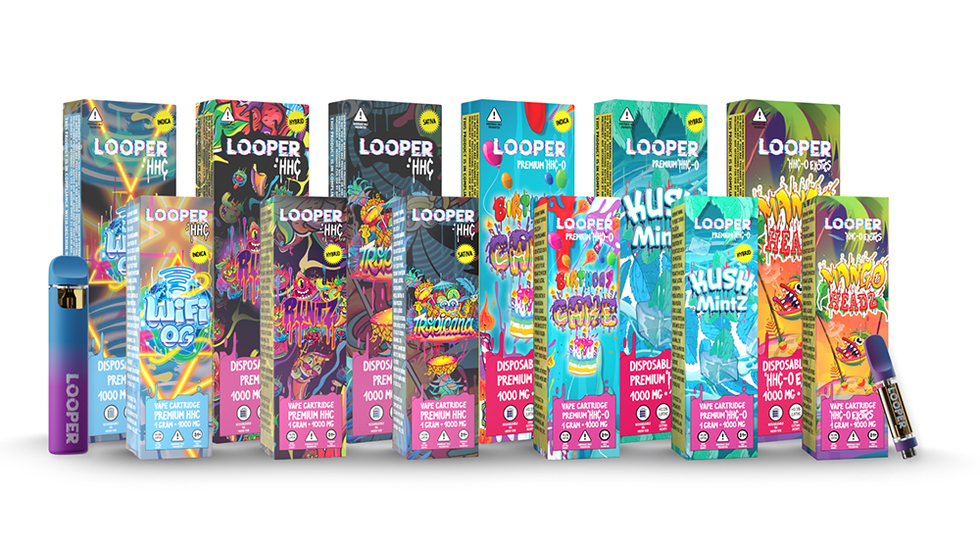
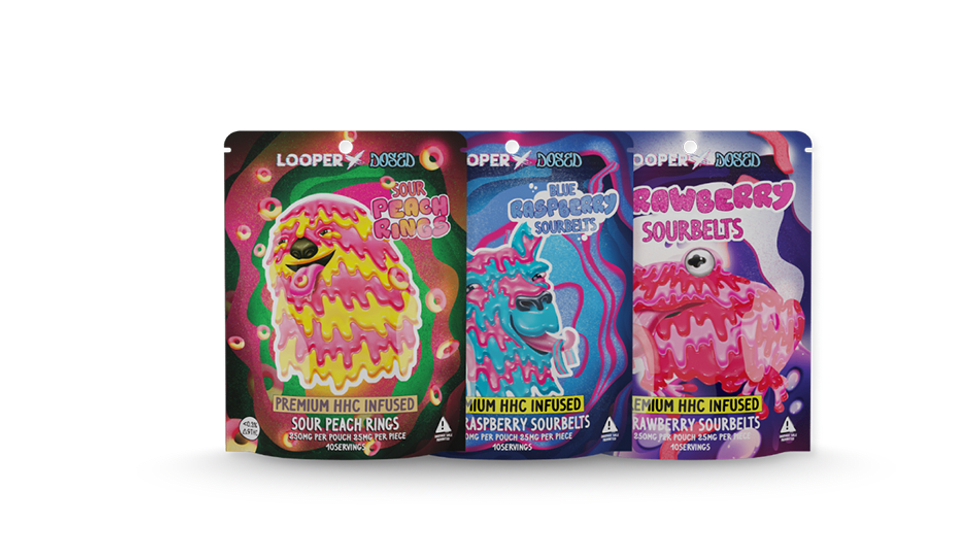




 Why are law enforcement officials trying to freeze out cannabis legalization? Follow the money.Image by OpenClipart-Vectors from Pixabay
Why are law enforcement officials trying to freeze out cannabis legalization? Follow the money.Image by OpenClipart-Vectors from Pixabay